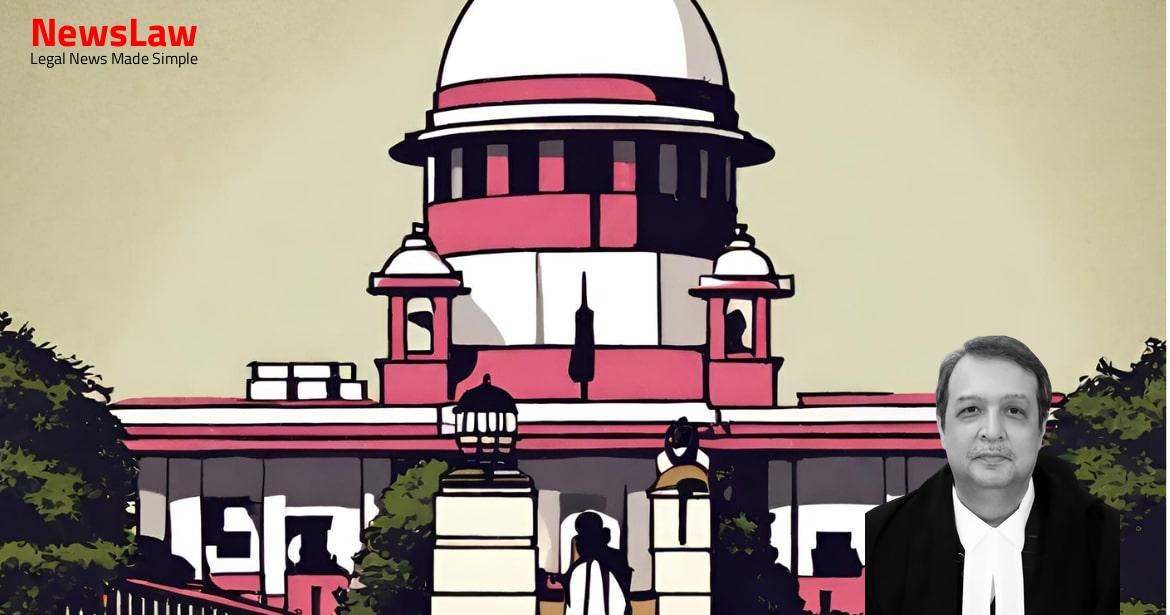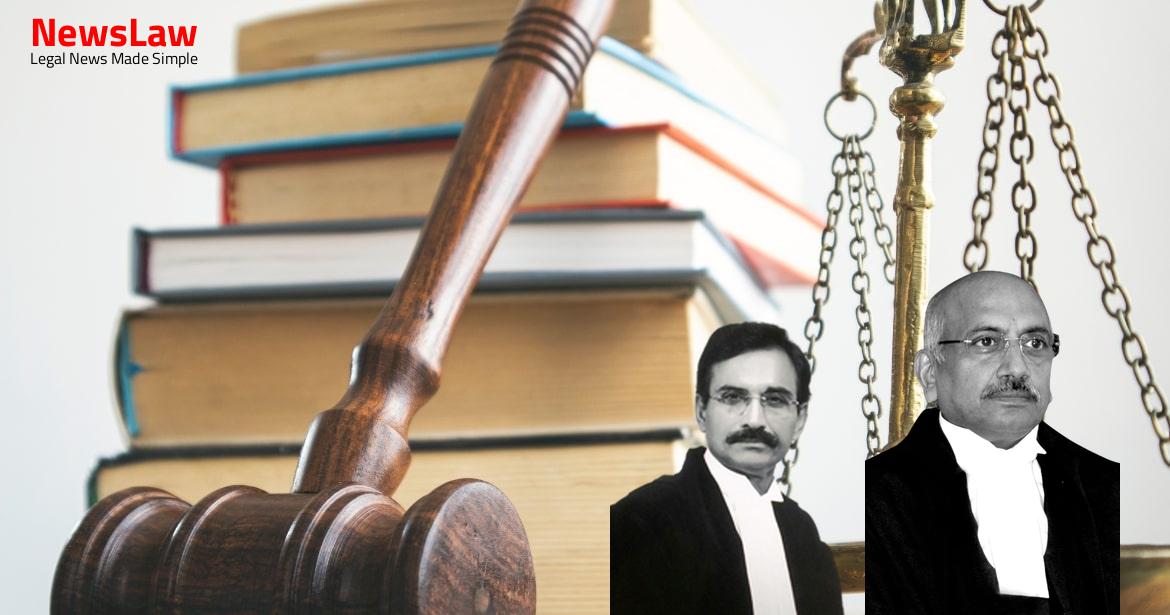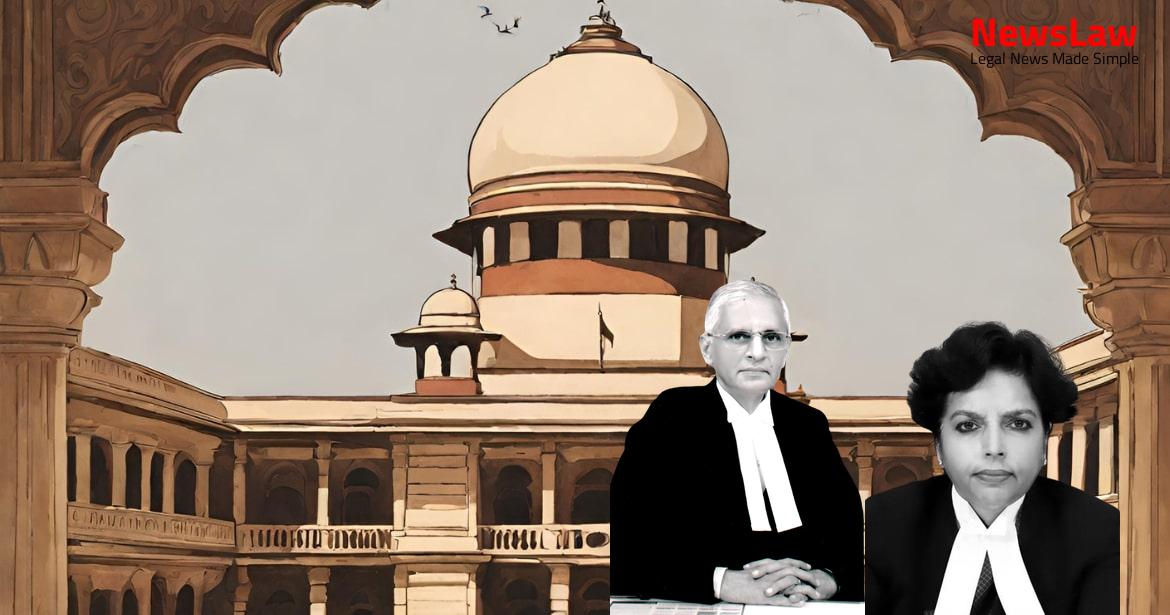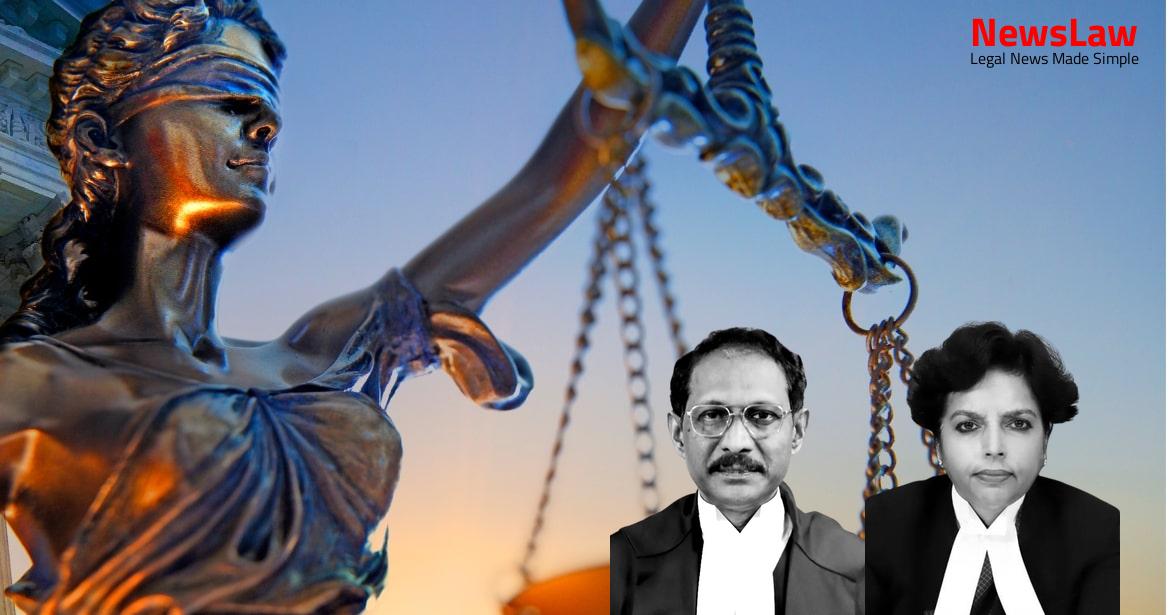A landmark decision by the Supreme Court of India in the case of Harish v. State of India has shed light on the intricate interpretation of child pornography laws under the POCSO Act and IT Act. The court’s ruling addresses the crucial issue of possession and viewing of child pornographic material, emphasizing the need for stringent measures to protect children. Follow the legal analysis in this detailed summary.
Facts
- Harish, a resident of Door No.2, 1st Main Road, VPC Nagar, Kallikuppam, Ambattur, was found to be watching child pornographic films for over two years.
- The Computer Forensic Analysis Report revealed two video files on Harish’s mobile phone depicting underage boys engaged in sexual activity with an adult woman.
- Harish admitted to regularly viewing pornography during his college days when questioned.
- More than a hundred pornographic video files were downloaded and stored in Harish’s mobile phone.
- A case was registered against Harish for offenses under Section 67B of the IT Act and Section 15(1) of the POCSO Act based on the findings.
- Under Section 14(1) of the POCSO Act, a child must have been used for pornographic purposes by the accused to constitute an offence.
- Downloading and storing child pornographic videos without transmission or publication does not fall under Section 67B of the IT Act.
- The intention to download pornographic content to view it is necessary to constitute an offence under Section 67B of the IT Act.
Also Read: Interpretation of Group of Companies Doctrine in Indian Jurisprudence
Issue
- Scope of Section 15 of the POCSO is to be determined.
- Understanding the distinction between sub-sections (1), (2), and (3) of the POCSO.
- Investigating the scope of Section 30 of the POCSO.
- Analysis of whether the statutory presumption of culpable mental state in Section 30 can be invoked in a quashing proceeding by the High Courts.
- Reviewing relevant decisions of the Court on this issue.
- Determining the true scope of Section 67B of the IT Act.
- Clarification on whether mere viewing, possessing, or storing child pornography material is punishable under the POCSO.
Also Read: Case of Defamation and Caste-based Humiliation: High Court Upholds Special Judge’s Decision
Arguments
- The Petitioner argued that the interpretation of POCSO by the High Court, stating that mere possession of child pornographic material is not an offense, poses a threat to children’s well-being and may lead to the spread of child pornography.
- The chargesheet mentioned that the Accused had been watching child pornographic videos for two years, as per information from NC-MEC.
- The High Court erred by not considering Section 15(1) of the POCSO, focusing instead on Section 14(1).
- The 2019 Amendment Act made the storage or possession of child pornography punishable under Section 15 of POCSO, which was in effect when the videos in question were allegedly received.
- The burden of proving the absence of a culpable mental state is on the Accused according to the provision, which penalizes storage or possession of child pornographic material with intent to share or transmit it.
- Section 15(1) explicitly penalizes downloading and failure to delete child pornography.
- Both POCSO Section 15 and IT Act Section 67B aim to curb child abuse by penalizing any use of child pornography, including watching it, to address the larger issue of its creation and dissemination.
- The State failed to register an FIR for the offense under Section 15 of POCSO, 2012, which criminalizes possession of child pornographic material.
- The Accused’s claim of receiving files containing child pornography via WhatsApp was refuted by NC-MEC reports, and there is no evidence to support it.
- The High Court’s failure to consider the presumption of a culpable mental state under Section 30 of POCSO was highlighted.
- The videos found on the Accused’s phone were automatically downloaded by WhatsApp, indicating he may have been unaware of their existence.
- The Accused’s ignorance of the law and bona fide belief in his right to possess the videos were brought up as defense arguments.
- A conflation of POCSO Section 15, IT Act Section 67B, and Section 30 shows clear culpability for those in possession of child pornography.
Also Read: Landmark Judgement by the Supreme Court of India: Criminal Appeal No. 3114 of 2024
Analysis
- The High Court made a critical error in the impugned judgment.
- There is a need to amend Section 15 sub-section (1) of POCSO to allow for easy reporting of Child Sexual Exploitation and Abuse Material (CSEAM) through an online portal.
- A more convenient reporting system will facilitate the public to report instances of storage or possession of CSEAM to the specified authorities.
Decision
- The impugned judgment and order passed by the High Court is set aside.
- The criminal proceedings in Spl.S.C. No 170 of 2023 are restored to the court of Sessions Judge, Mahila Neethi Mandram (Fast Track Court), Tiruvallur District.
- The Criminal Original Petition is allowed, and the proceedings in Spl.S.C.No.170 of 2023 are quashed.
- Pending applications are disposed of.
- One copy of the judgment will be sent to the Principal Secretary, Ministry of Law & Justice, Union of India and to the Principal Secretary, Ministry of Women and Child Development, Union of India.
Case Title: JUST RIGHTS FOR CHILDREN ALLIANCE Vs. S. HARISH (2024 INSC 716)
Case Number: Crl.A. No.-002161-002162 – 2024



